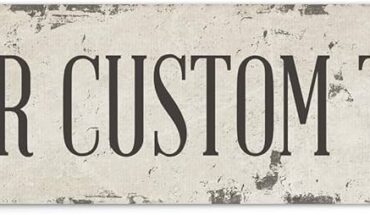Getting financing for your business is a far greater headache than bootstrapping. When you get money from an outside source, you have to be far more vigilant about making good decisions.
Spending mistakes can quickly lead to financial disasters that take years to recover from. Here are 5 common spending mistakes to avoid for your small business.
- Spending to Save
Spending to save, or spaving, is a phenomenon that hurts every small business budget. It means you’ll invest in a tool or piece of equipment when it goes on sale for the reason that it’s saving you money.
Don’t get caught up in what your business might be able to use. Use only past data to justify whether or not buying a new item is a good idea no matter how deep the discount.
- Signing Contracts Too Quickly
Another one of the small business spending mistakes to watch out for is contracts. Contracts legally bind you to paying money over a certain period of time.

Be careful to only enter into contracts if you absolutely have to. You never know when you’ll need to pivot and save money. Keeping yourself free from long term financial obligations means you can cut your budget when you need to find money for special projects.
- Hiring Too Many People
Leadership books often share the power of delegating. Small business owners do usually take on too much themselves, but in the early years, this is often the best cost saving measure.
Avoid the mistake of trying to hire too many people with the notion that you should be delegating. You can delegate only tasks that you don’t have the professional skills to master in a few months.
Things like accounting and bookkeeping are too important to freestyle. Hire out help for these tasks but aim to do your own marketing at first until you can afford a full-time person.
- Business for Personal
Many business owners see no difference between themselves and their businesses. But the IRS will swiftly penalize you if you’re ever caught using business funds for personal use.
Don’t get caught up in the idea of ‘paying yourself back.’ Separate your business from personal expenses unless you want to risk high penalties and fees.
- Startup Spending Mistakes
Startups often shoot for the stars. This is great in creating a concept as long as the production process isn’t cost-prohibitive for your product.
If you find that your production is too expensive for you to maintain over two years, it’s time for a redesign. Just because your idea is good doesn’t mean now is the time to implement.
Start with a cheaper concept and build upon it over time. You’ll know more here whether your business is ready to step up to the next level.
Business Spending Plan
Make sure you have a detailed budget in place before you even start pursuing financing. The budget isn’t a loose document to change whenever you see a new opportunity.
Take your time and avoid new contracts so you can focus on building the best possible product. For more information and tips, visit our blog for updates.






